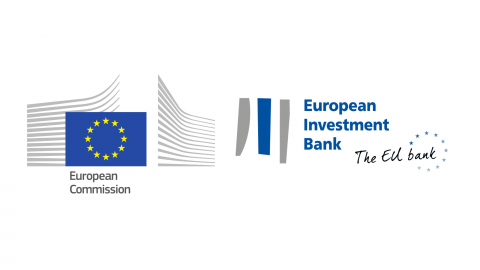
On November 24, 2022, in the margins of the Union for the Mediterranean (UfM) Regional Forum and the EU-Southern Neighbourhood Ministerial meeting, the European Commission signed an agreement with the European Investment Bank (EIB) for a €40 million EU grant to support high-speed fibre-optic connection under the Mediterranean as part of the “MEDUSA” project supported by the EU's Economic and Investment plan for the Southern Neighbourhood.
This EU grant contribution will increase and guarantee the connectivity via the submarine cable and direct terrestrial links, up to the national research and education centres of EU's Southern Neighbourhood region.
Background
The “MEDUSA” project consists of installing a state-of-the-art, high capacity optical-fiber submarine cable that connects five Mediterranean EU countries (Cyprus, France, Italy, Portugal, and Spain) with four countries from the EU's Southern Neighbourhood (Algeria, Egypt, Morocco, and Tunisia). It will be 7,100 km long in total and will include around twelve landing points in nine EU and Southern Neighbourhood countries. A €40 million EU grant will secure direct high-speed connectivity in particular between the research and education communities and users in the North African countries and the EU via the landing station in Barcelona. The EIB is expected to provide the debt finance for the infrastructure with a contribution of up to €100 million in loans. The operation is still subject to the final approval of the EIB Governing Bodies.
This funding will also provide an alternative route for data traffic on the targeted EU routes and allow EU telecom operators to become essential partners in supporting socio-economic growth in the region. “MEDUSA” contributes to the EU's Global Gateway and EIB Global. It is one of the flagship projects under the EU's new Agenda for the Mediterranean adopted last year to boost digital connectivity in the EU's Southern Neighbourhood.
Providing the high-capacity connectivity between the North African countries and with the EU would support the long term development of the National Research and Education Networks (NRENs) in the North African beneficiary countries, namely Algeria, Egypt, Morocco, Tunisia and, once feasible, Libya with the aim of also benefitting other public and private institutions in these countries. The Medusa system is expected to become operational in 2025 with a lifetime of 25 years. The EU investment for the benefit of the NRENs would be provided by its Directorate-General for Neighborhood and Enlargement Negotiations (DG NEAR), channeled through the European Investment Bank, who is a co-financier of Medusa.
“The Commission and the EIB are teaming up to implement one of the flagships of our Economic and Investment Plan to boost digital connectivity in the Southern Neighbourhood. The €342 million MEDUSA project will directly connect, for the first time, the Northern and Southern shores of the Mediterranean Sea and the Southern countries among themselves via a high-capacity, multi-country, future-proof optical fibre submarine cable. Through this 7,100 km long cable, we will significantly upgrade the interconnectivity, stimulating innovation and research in the region, notably about 500 Universities, institutes of education and research centres and about 4,5 million students will benefit from increased connectivity. The MEDUSA project will inherently support the region’s economic and social development.” Olivér Várhelyi, Commissioner for Neighbourhood and Enlargement
“Digital transformation and high-speed digital connectivity is crucial in a post-pandemic world. The €40 million grant agreement signed today with the European Commission will improve connectivity between the EU and our North African Partners, bringing next generation access networks to the region while fostering socio-economic benefits. By working together, we can accelerate our efforts in promoting more integration in the region and encourage sustainable development and economic growth, providing more opportunities for all.” EIB Vice-President, Ricardo Mourinho Félix